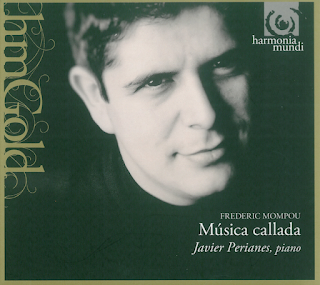Recorded live in Paris, two contrasting music dramas on the theme of
an errant child, written by two supreme French composers and performed
by a starry line-up of francophone singers. Mikko Franck, in his role as
Music Director of the Orchestre Philharmonique de Radio France,
conducts Debussy’s L’Enfant prodigue, starring Roberto Alagna and Karina Gauvin, and Ravel’s L'Enfant et les sortilèges, with Nathalie Stutzmann and Sabine Devieilhe among the singers surrounding Chloé Briot in the role of the Child.
Complementing the two vocal works is the world premiere recording, made under studio conditions, of British composer Colin Matthews’ orchestration of Debussy’s Symphony in B minor. The work, which survives only as a manuscript for piano duet, was composed even earlier than L’Enfant prodigue, when Debussy was just 18, but it was not published until 1933, 15 years after his death. This orchestration of the Symphony in B minor was first heard in 2009. Colin Matthews is something of a Debussy specialist, having made admired orchestral transcriptions of all the composer’s piano Préludes, some of which have been recorded by Sir Simon Rattle and the Berliner Philharmoniker. (Warner Classics)
Complementing the two vocal works is the world premiere recording, made under studio conditions, of British composer Colin Matthews’ orchestration of Debussy’s Symphony in B minor. The work, which survives only as a manuscript for piano duet, was composed even earlier than L’Enfant prodigue, when Debussy was just 18, but it was not published until 1933, 15 years after his death. This orchestration of the Symphony in B minor was first heard in 2009. Colin Matthews is something of a Debussy specialist, having made admired orchestral transcriptions of all the composer’s piano Préludes, some of which have been recorded by Sir Simon Rattle and the Berliner Philharmoniker. (Warner Classics)













































